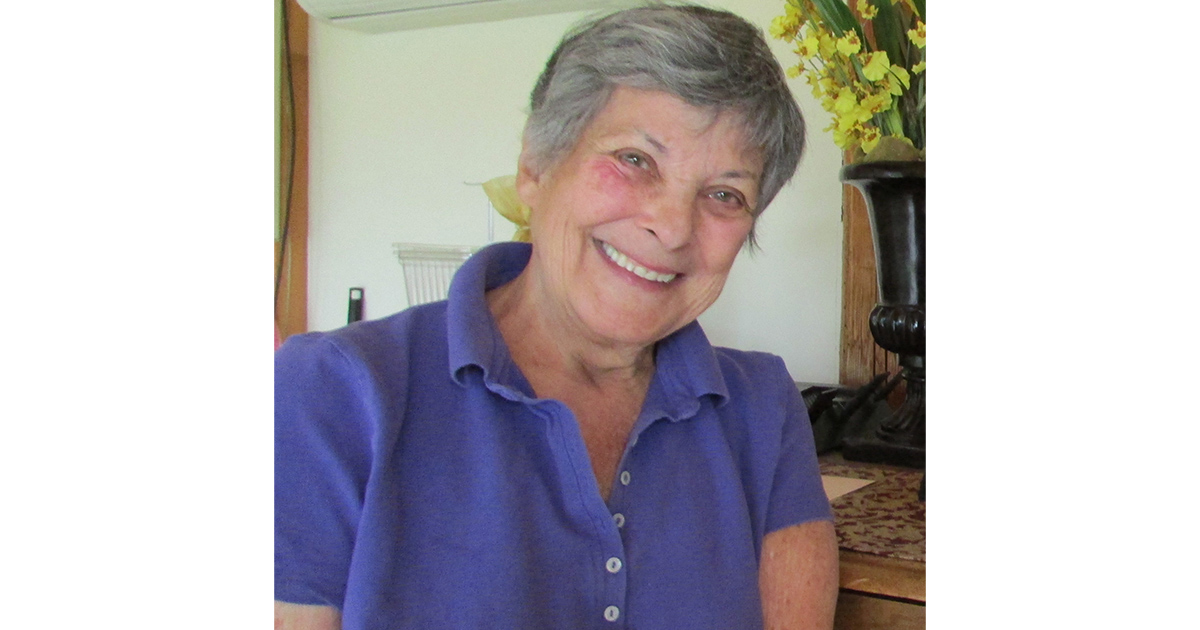Few things are as valuable in times such as these as a good, reliable bullshit detector.
I am not prone to writing about investing styles or philosophies or for that matter about how to invest at all. However, our times are without precedent – not only has the pandemic snafued whatever accuracy there used to be in forecasting, but we are being divebombed by “finfluencers”, greenwashers, and fraudsters of previously unknown origin, focused on our investment dollars.
Kim Kardashian, previously made famous for airing a porno sex tape and being a friend of Paris Hilton (herself made famous for taping and airing a version of her life of privilege) has just paid a fine to the US Securities Exchange Commission of $US1.26 million. Kardashian was fined for “finfluencing” – promoting to her millions of Instagram followers the wisdom of purchasing EthereumMax crypto tokens. It’s not clear whether she actually knows what these are, but what is certain is that she didn’t tell her faithful fashion fans that she had been paid $260,000 to promote them. Oh, how I wish $1.26 million were more than a flyspeck to Kardashian (it’s not). Even more I wish I could implant a reliable B*S* detector into the brains of the gullible followers, a delicious irony in that Ms Kardashian is also famous for her big butt.
Before we leave the self-proclaimed influencer, a word or two about crypto. The well-worth-a look website https://getsmarteraboutmoney.ca surveyed thousands of Canadians this year on their interest in and knowledge of crypto. Crypto asset owners were more likely to be young men with at least a high school degree, employed full-time with a somewhat higher than average income, more aggressive in their approach to investing, and more comfortable with risk than non-crypto investors. Most did not have a working knowledge of the practical, legal and regulatory dimensions of crypto assets.
Before purchasing, crypto asset owners relied on sources of information that included word of mouth, posts by social media influencers, consulting with an expert in blockchain technology, relying on their financial advisor. With regard to the latter, almost three quarters of those who own crypto assets weren’t recommended to buy them by their financial advisor and most never even discussed the option.
There’s a different face on “green” investing – different but no less potentially fraudulent. Typically, promoters label investment products as environmentally friendly when that claim may be as far from reality as common sense is from the Kardashian followers. Greenwashing that extends beyond environmental claims to include social and governance issues is labelled ESG.
It’s not always easy to know when you’re being conned into buying an investment. Misleading advertising exists in the investment world just as it does in the retail shopping world. Some companies or investment funds may tell you they are focused on greenhouse gas emissions reduction when they are not. Or they may have a name that sounds like they care about diversity and equality when in fact their prospectus details no strategies used to achieve the goals. Sometimes a company or asset manager makes green or ESG commitments but doesn’t follow through.
So, in the absence of a good B*S* detector, what should a retail investor do? A good start is to develop one of your own. All successful financial plans start with knowing yourself, your financial goals and your own tolerance for risk. Your financial goals are personal. Before making a financial decision that has significant consequences for you, ask yourself a few questions. Like, is this source being paid to promote this product? Do they have any kind of financial credibility like a certificate or professional designation? What is the risk to me if I act on this promotion and it goes wrong? Does it fit into my personal plans?
I’ve said it before and I’ll say it again: it’s your money and your financial future. You should care about it more than anyone else in the world. Or not.
Dian Cohen, C.M., O.M., economist
cohendian560@gmail.com
Subscribe now for full story and more.






